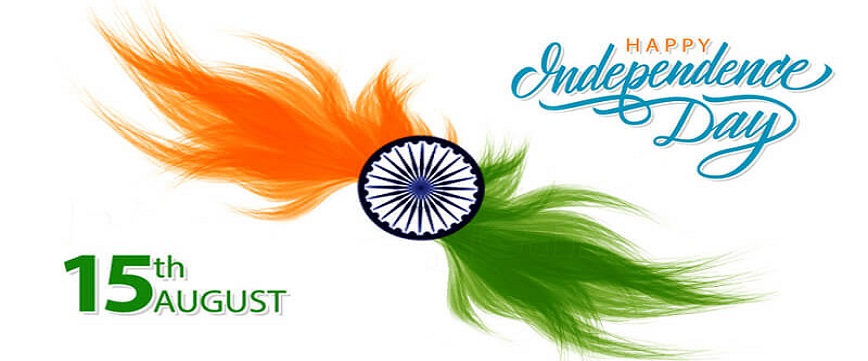15 August Independence Day 2026 / Swatantrata Diwas
India celebrates Independence Day every year on 15 August to honor the nation’s freedom, foster a sense of unity, and inspire patriotism. This day holds deep cultural, historical, and emotional significance for all Indians.
The 80th Independence Day in 2026 will celebrate India’s incredible journey as the world’s largest democracy. It is a day to remember the sacrifices of fr...
15 August Independence Day 2026 / Swatantrata Diwas
India celebrates Independence Day every year on 15 August to honor the nation’s freedom, foster a sense of unity, and inspire patriotism. This day holds deep cultural, historical, and emotional significance for all Indians.
The 80th Independence Day in 2026 will celebrate India’s incredible journey as the world’s largest democracy. It is a day to remember the sacrifices of freedom fighters and reaffirm our commitment to progress, prosperity, and a united future.
Significance of Independence Day
Independence Day commemorates the end of British rule in 1947 and the dawn of a free India. It reminds us of the long struggle for freedom, which began in 1857 with the Sepoy Mutiny in Meerut and intensified in the 20th century through nationwide revolts led by Indian leaders and political movements.
Mahatma Gandhi played a pivotal role by advocating non-violence as the path to independence. Countless freedom fighters sacrificed their lives, endured hardships, and never gave up, ultimately leading to India’s liberation from more than 200 years of colonial rule.
On 15 August 1947, the last British Viceroy, Lord Mountbatten, handed over control to the Indian Constituent Assembly. Jawaharlal Nehru, India’s first Prime Minister, unfurled the Tricolour above the Lahori Gate of the Red Fort, marking the official celebration of India’s freedom.
Independence Day serves as a reminder of the bravery and dedication of all martyrs who fought for the nation’s freedom and encourages every citizen to honour their legacy.
Celebrations Across India
Independence Day is celebrated nationwide with flag hoisting ceremonies, cultural programs, and the singing of the National Anthem. The Prime Minister of India hoists the national flag at the Red Fort in Delhi, followed by a parade showcasing the armed forces, police, and cultural tableaux. A 21-gun salute is also performed in honor of the occasion.
Kite flying is a popular tradition, with the sky filling with kites of different colors and sizes. Schools, government offices, banks, and post offices observe a national holiday, allowing citizens to celebrate with enthusiasm and pride.
The ongoing celebration of Azadi Ka Amrit Mahotsava continues to mark the glorious years of India’s independence. The initiative, which began on 12 March 2021, will conclude on 15 August 2024, commemorating the journey of the nation and highlighting its achievements in various fields, including science, technology, and education.
For example, the Indian Space Research Organisation (ISRO) launched SSLV, the smallest commercial rocket, carrying a satellite designed by hundreds of schoolgirls across India, symbolizing innovation and empowerment in the post-independence era.





